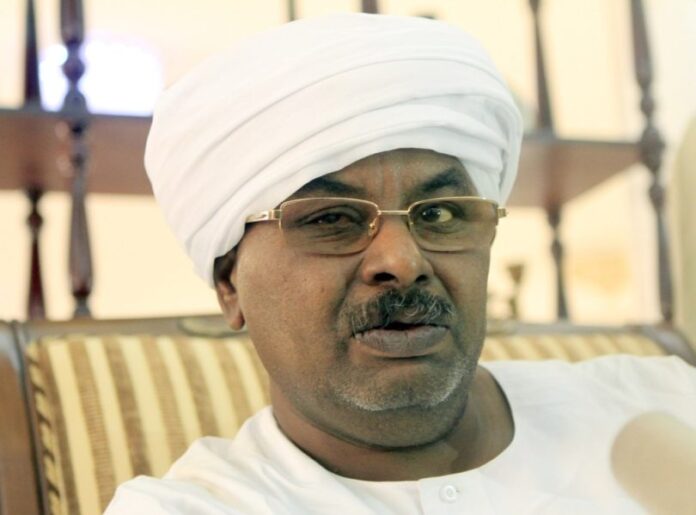Khartoum – Amid the ongoing conflict between the Sudanese army and the Rapid Support Forces (RSF), alarming reports have surfaced about the formation of a new armed militia under the leadership of Sudan’s former intelligence chief, Salah Gosh, raising widespread debate in political and security circles.
A Controversial Comeback
Political sources revealed that Gosh, who has been subjected to U.S. and European sanctions in recent years for allegedly undermining peace efforts, has begun supporting the creation of a new militia with an Islamist orientation. The project is fronted politically by Mohamed Sayed Ahmed Al-Jakoumi, who presents the group as representing “northern Sudan,” despite its clear ideological ties to Islamist agendas.
Although Gosh officially exited the political scene after the Juba Peace Agreement in 2020, reports indicate that he still holds considerable influence through extensive financial and political networks, including investments in fuel, gold, and factories in Sudan and Egypt.
Training Camps Beyond Borders
In July, Jakoumi announced plans to train around 50,000 fighters, stating that he had received approval from Eritrean President Isaias Afwerki to establish training camps on Eritrean soil. He was later photographed in the Eritrean capital, Asmara, with Afwerki in August, declaring that logistical arrangements had been finalized to receive waves of recruits.
The decision to establish foreign-based training camps has raised fears of the conflict taking on regional dimensions, with questions over the potential involvement of external actors in recycling armed forces within Sudan. Political and human rights groups have warned that this development could further destabilize the region.
Local Rejection and Public Suspicion
Grassroots activists and residents in northern Sudan voiced strong opposition to the new militia, citing Jakoumi’s past ties to Gosh during their time in the National Intelligence and Security Service. A former member of the Sudan Liberation Movement asserted that Gosh had previously used Jakoumi as a tool to influence political forces, ensuring his continued presence in Sudanese affairs despite his supposed departure from power.
This public opposition reflects lingering mistrust toward figures of the former regime attempting a comeback through unconventional channels, especially given the fragile security situation and the proliferation of armed groups.
Jakoumi initially dismissed accusations of working for Gosh as “ridiculous.” However, he later confirmed training plans in Eritrea before announcing that the newly formed forces had been integrated under the Sudanese army. These conflicting statements have deepened uncertainty around the nature of the group and its true affiliations.
Meanwhile, a retired officer revealed that Gosh, alongside eight former security officers, is directly overseeing training in Eritrea, using the well-known Sawa training center in the Gash-Barka region. Despite logistical hurdles, the source reported that preparations at the camps are progressing steadily, reaffirming Gosh’s persistent influence in Sudanese security and military affairs.
Added Complexity to Sudan’s Crisis
These developments come at a time when Sudan is already mired in a devastating internal war that has killed thousands of civilians and displaced millions. As regional and international actors intensify peace initiatives, the emergence of new militias threatens to further complicate the landscape and prolong the conflict.
Observers warn that Sudan risks becoming an arena for broader regional struggles and ideological rivalries, especially if the influence of figures like Salah Gosh continues to grow unchecked.


